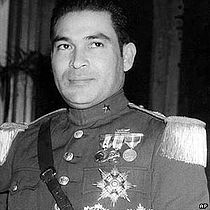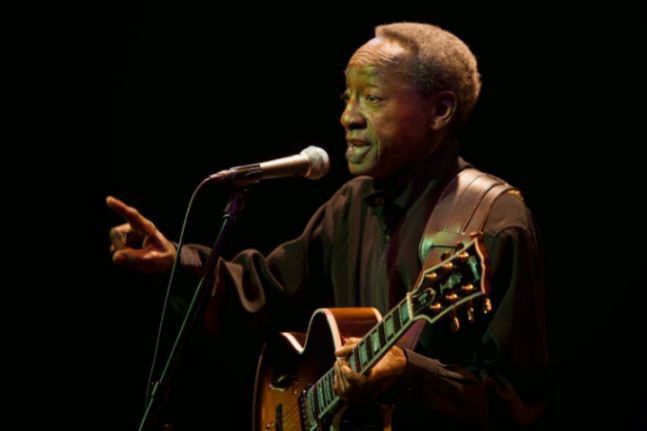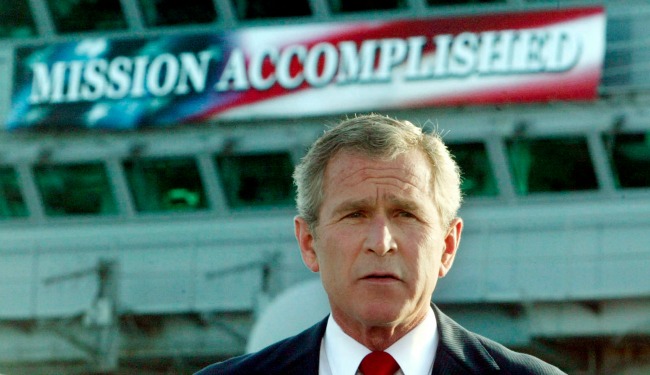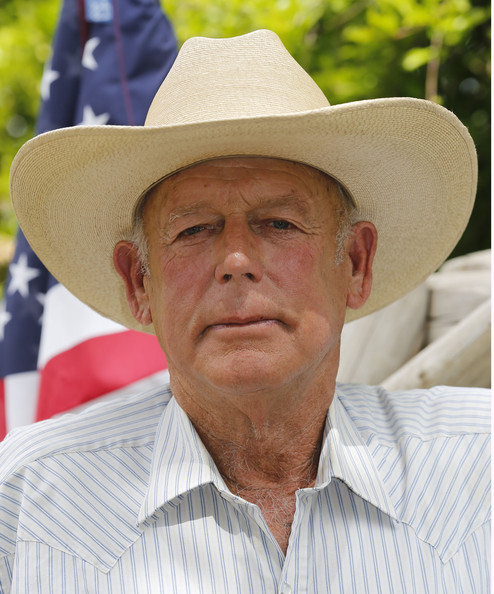While describing Donald J Trump as a narcissist or having “narcissistic personality disorder” is not original, some of my ideas on the subject differ from the general consensus. If they resonate with you, then it might help understand some less transparent aspects of the new President.
Many people equate narcissism with selfishness. I do not. The selfish person says, “Here is what I want. Here is what you want. What I want comes first.” The narcissist says, “Here is what I want, and I have no idea what you want.” While the former describes a moral failing, the latter describes a disability.
If you are not a narcissist, you may well be able to imagine the implications of the disability, including coping strategies.
- Being limited to perceiving only his own feelings and thoughts, he projects them on to others.
- Without being able to imagine the thoughts and feelings of another, he has to depend on external feedback loops to determine the reaction to what he does and says. He watches the reactions of others to his expressed thoughts as well as some random junk. He discards those that are received negatively or ignored, while repeating and amplifying those that are well-received. Think Darwinian natural selection of ideas by positive reinforcement.
- By contrast negative expressions, such as criticism, are rebuffed as unpleasant to the only person who matters by firing verbal barrages, including epithets and baseless charges, to tell the critic to back off. While no one likes being criticized, criticism of a narcissist attacks his central being, the ego, all he knows of himself, and is more threatening than that directed at someone in the rest of the population. He is also oblivious to the impact of his epithets.
- He is incapable of achieving intimacy, which means knowing another person as if they were naked with all their clothes still on, and letting that person know you to the same extent.
Let’s discuss each one, and see how it might apply to President Trump.
First, while duly noting my bias as a Democrat, I think most of the epithets that he directed at opponents reflect his own internal fears and weaknesses, as they are all he knows. That would include “low energy Jeb,” “little Marco,” “crooked Hillary,” and “lying Ted.” Some examples from his behavior might be taking off for the weekend after the Inauguration (low energy), the size of his hands and other body parts (little), his involvement in Trump University, stiffing suppliers, and the mysterious tax returns (crooked), and the endless deliberate misstatements or indifference to the truth (lying).
Second, consider chants of “lock her up” at his rallies, as well as his use of “drain the swamp.” When they resonate with his audience, he repeats them, or continually alludes to them so the audience will be cued to chant them. Indirectly he said as much right after the election. On “lock her up,” he said that “we don’t need that anymore.” On “drain the swamp,” he said that initially he didn’t like it, but as it became popular it grew on him. The process is completely amoral, without regard to other considerations such as ethics or human impact. In that category might be included “dog whistle” racism and white supremacy. His only criterion for success is if “it worked.”
Third, Trump’s apparent lack of ability to accept criticism is reflected in his tweets in response to critics, often on the most mundane and insignificant issues. His post-election press conference, when he denounced Buzzfeed and CNN as “fake news,” is another example. His most ill-advised and unattractive acts are in response to criticism.
Fourth, there is little evidence of love in his three marriages. The pattern seems to be trading money for a beautiful, younger wife. That includes the possibility of trading up, as wives one and two learned. Since only his feelings matter, being unaware of those around him, as much sex as he can get is part of the mix. Since he cannot imagine the feelings of someone being sexually assaulted, he feels free to engage in sexual assault. All described are transactions with commodities, trading money for power, or for sex, or for a younger wife.
You might well ask why there are narcissists at all. It is genetic. I have observed it passed down through 4 generations, skipping some members along the way. When only one of multiple siblings displays the narcissism of a parent, it is more likely genetic than environmental or taught behavior. My conclusions, based on some long-since forgotten article, which I cannot cite, are that it is a winning evolutionary strategy.
Consider two kinds of people. One says, “The world is a dangerous place. If we do not band together, we will not survive.” Another says, “The world is a dangerous place. If I do not look out for myself, no one will.” Over time natural selection favored both strategies so that they became hard-wired in us, some being more communitarian and altruistic, while others are narcissistic.
To me that suggests that attempts to change Donald Trump’s mind on any given subject cannot be approached by appeals to reason, morality, or altruism. Even the most humane and generous policy has to be couched in terms of how it benefits Trump and his internal needs. That is the only thing he can understand and relate to.










Recent Comments